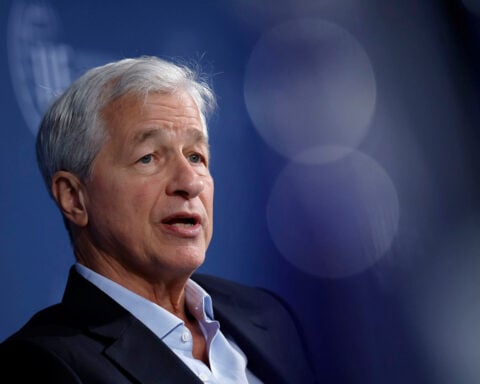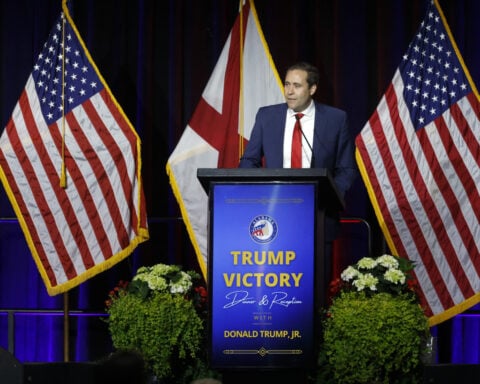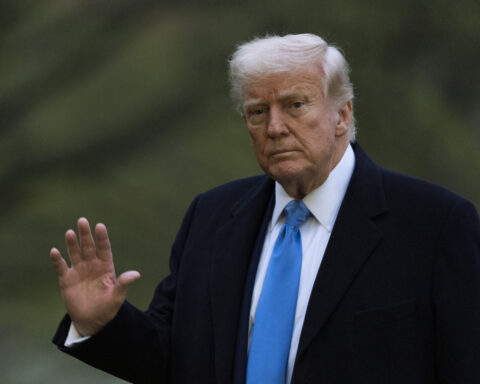By Pete Schroeder
WASHINGTON (Reuters) - Shares in Visa and Mastercard slid on Wednesday on news the U.S. Federal Reserve is expected to propose lowering the fees banks can charge retailers for processing debit-card transactions.
Visa and Mastercard shares dipped about 1% in early trading. A Mastercard spokesperson declined to comment, while Visa did not immediately respond to a request for comment.
The Fed said on Tuesday it would meet next Wednesday to discuss changes to the debit interchange fee cap, without providing details. The Wall Street Journal reported on Tuesday that the Fed plans to propose lowering the cap.
The cap has long been contentious, pitting credit card providers and banks against retailers who complain "swipe fees" are too high and hurt consumers. Any proposed Fed changes will likely spark a fierce lobbying battle between the industries.
A Fed spokesperson declined to comment.
Visa and Mastercard provide cards and processing infrastructure to banks and retailers respectively and would earn less revenue if debit processing fees drop.
Retailers praised the expected move to reduce fees.
"These fees have been too high for too long and we're glad to see the Fed is finally ready to act," said Stephanie Martz, general counsel for the National Retail Federation.
The 2010 Dodd Frank financial reform law ordered the Fed to cap the fees at a "reasonable and proportional" cost. In 2011 the central bank capped them at 21 cents per transaction, plus 0.05% of the transaction cost. Banks can charge an additional cent per transaction if they meet certain fraud prevention standards.
But the Fed has been under steady pressure from retailers to lower the cap. In September, the Supreme Court agreed to take up a case brought by North Dakota retailers who argue the fees are still not proportional to the cost of processing a transaction.
"The Fed will be trying to thread the needle, reducing the cap enough to mollify the merchants without excessively punishing its own regulated entities," said Ian Katz, managing director of policy research firm Capital Alpha Partners.
(Reporting by Pete Schroeder; editing by Michelle Price and Rod Nickel)

 Trump has begun another trade war. Here's a timeline of how we got here
Trump has begun another trade war. Here's a timeline of how we got here
 Canada's leader laments lost friendship with US in town that sheltered stranded Americans after 9/11
Canada's leader laments lost friendship with US in town that sheltered stranded Americans after 9/11
 Chinese EV giant BYD's fourth-quarter profit leaps 73%
Chinese EV giant BYD's fourth-quarter profit leaps 73%
 You're an American in another land? Prepare to talk about the why and how of Trump 2.0
You're an American in another land? Prepare to talk about the why and how of Trump 2.0
 Chalk talk: Star power, top teams and No. 5 seeds headline the women's March Madness Sweet 16
Chalk talk: Star power, top teams and No. 5 seeds headline the women's March Madness Sweet 16
 Purdue returns to Sweet 16 with 76-62 win over McNeese in March Madness
Purdue returns to Sweet 16 with 76-62 win over McNeese in March Madness








